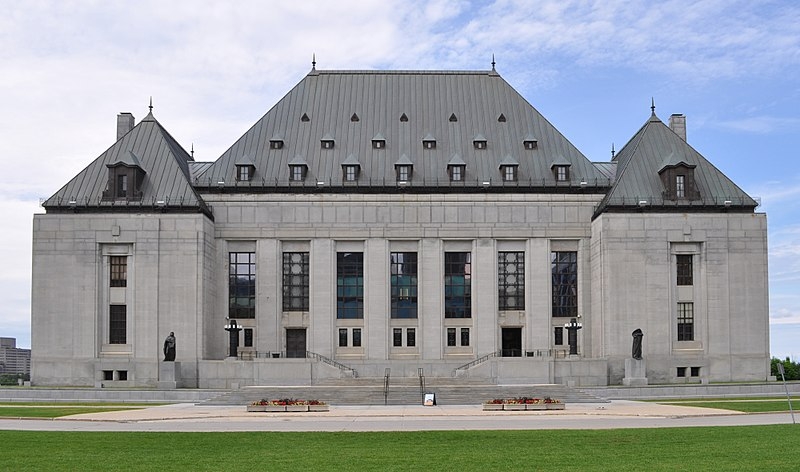
Supreme Court should weigh in on assisted suicide ruling
By: Michael Bach
Is the Quebec Superior Court’s recent ruling rejecting some restrictions in assisted dying legislation in Quebec and Canada a win for human rights? Many national commentators think so and have hailed the decision saying, ‘it’s about time.’ If the decision is allowed to stand, it will provide that persons with disabilities in Canada who are not at the end of life will nevertheless be able to access assisted death on the basis that their disability is grievous and irremediable and they experience suffering they find intolerable.
National columnists, like Chantal Hebert suggest the decision is a win for social rights in Canada, just like reproductive and same-sex marriage rights before it. But, this equation, and the court’s decision, is not so straightforward.
Instead, the court’s ruling may reflect entrenched stereotypes that living with a disability is a fate worse than death. The ruling actually undermines equal recognition and dignity for people with disabilities in Canada. And it endangers the social rights of Canadians with disabilities.
What are social rights?
Article 1 of the International Covenant on Economic, Social and Cultural Rights, which Canada has ratified, states: “All peoples have the right of self-determination. By virtue of that right they freely determine their political status and freely pursue their economic, social and cultural development.” In other words, protecting the right to self-determination requires that a person can live in a society where their form of life, who they are and their characteristics are equally valued and supported. You can’t be ‘free’ without that.
That’s why Canada’s recognition of the right to same-sex marriage was such a breakthrough for social rights in Canada. It made clear that sexual orientation – who you are attracted to, who you love, who you want to marry – should not, must not, be a mark against you.
Recognition of this right directly confronted entrenched devaluation and structural inequality of persons of the LGBTQ2SI community because it helped lay the foundations of inclusion and equal respect. It makes their self-determination possible.
The Criminal Code provisions for access to medical assistance in dying adopted by Parliament in 2016 aimed to achieve the balance needed to fully recognize human rights in a system for assisted death – protecting individual rights and guarding against devaluing the quality of life of certain groups. The legislation explicitly sets out this objective: “to affirm the inherent and equal value of every person’s life and to avoid encouraging negative perceptions of the quality of life of persons who are elderly, ill or disabled.” It achieves the balance and helps to fulfill this objective by authorizing access only to those who are at the end of life.
The legislation means a person can exercise autonomy in how they are going to die once it is determined that they are already dying, with a grievous and irremediable condition and suffering intolerably. The Quebec decision rejected this objective as a valid safeguard to balance individual rights.
Many people with disabilities suffer in Canadian society because they experience barriers to equality and lack needed disability supports. Think, for example, of the immense barriers faced by Sean Tagert, a BC man who was living with ALS, who chose to access medical assistance in dying after being unable to secure funding for the 24hr care he needed to live at home, in community and raise his young son. Was this really a fair choice?
Negative stereotypes are an undeniable cause of disability-related disadvantage and suffering. The Quebec Superior Court struck a blow to social rights in Canada when it rejected the end of life requirement. Its decision institutionalizes the idea that disability can justify terminating a life. Stereotypes don’t get much worse than that. And they do real harm.
The Carter decision by the Supreme Court of Canada, which launched the need to develop the assisted dying legislation, was clear. It would defer to Parliament’s creation of a complex regulatory scheme that balanced rights.
The decision by the Quebec court must be appealed. We need the Supreme Court of Canada to weigh in.
Michael Bach, PhD, is Managing Director of IRIS – Institute for Research and Development on Inclusion and Society. www.irisinstitute.ca








